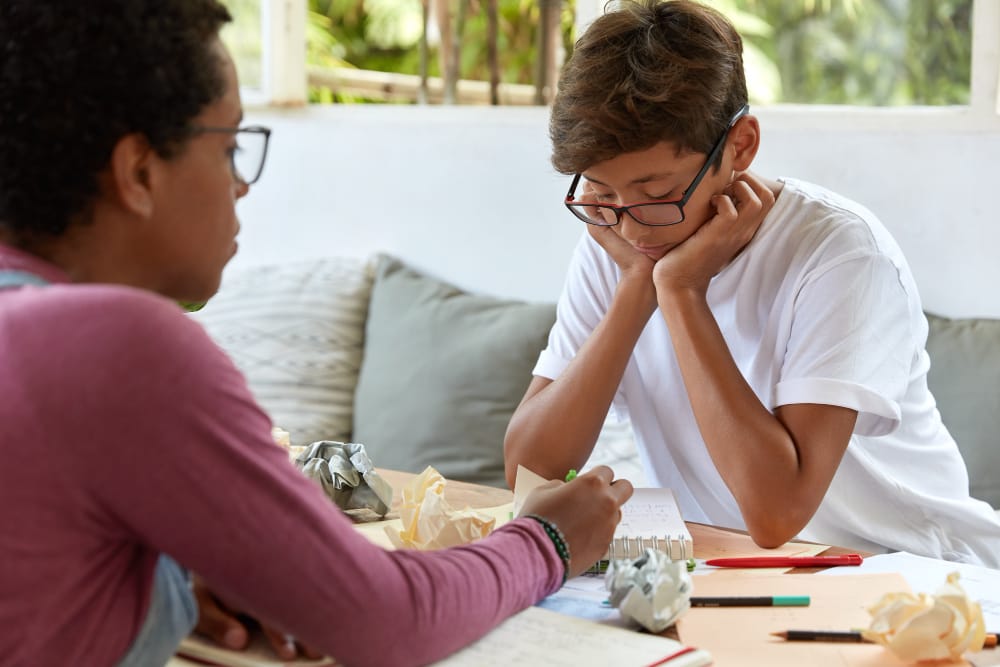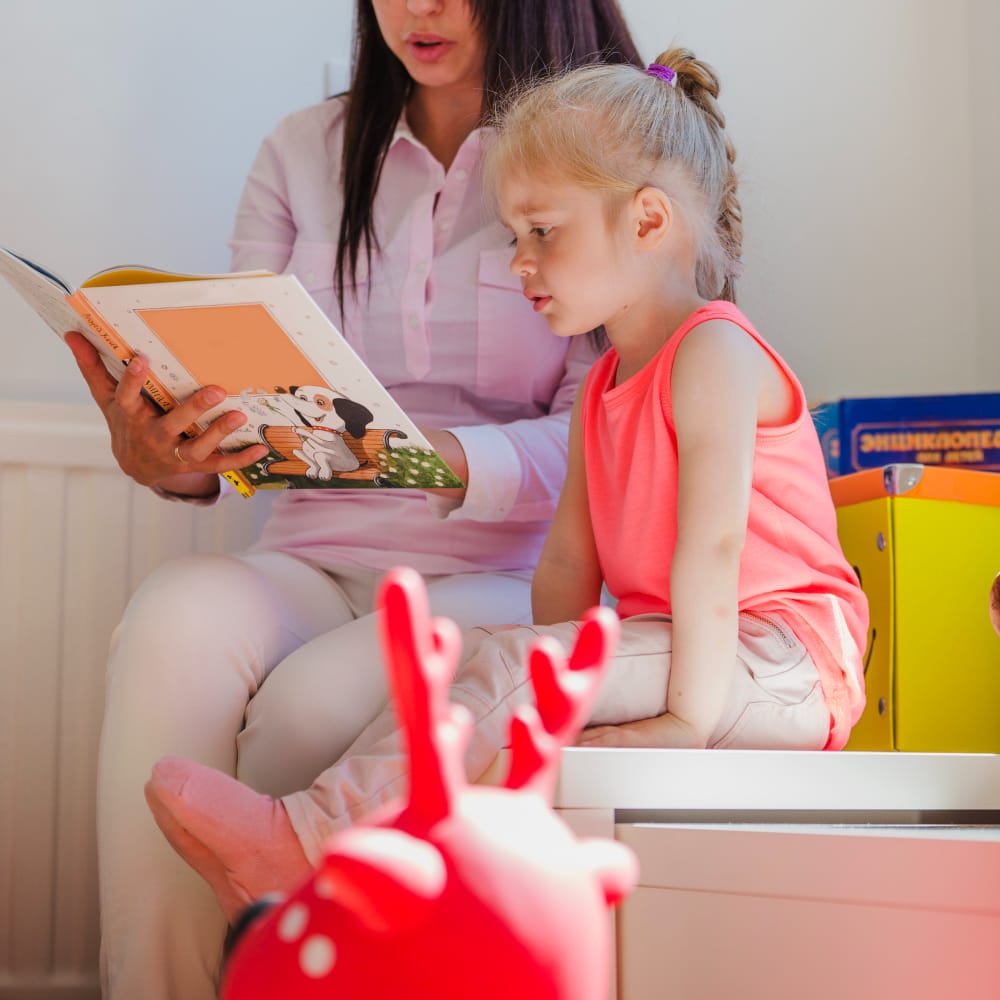Kids’ senses of smell and taste are often taken for granted. From birth, parents are encouraged to engage their kids in sensory play that boost the development of their sight, touch and vocabulary. But what about tasting and smelling? These senses are integral to how humans understand the world around them. So, along with showing them illustrated flashcards and listening to different sounds, parents should also be focusing on the development of their kids’ taste and smell senses.
Why the development of kids’ senses of taste and smell are so important
Firstly, senses of smell and taste are essential in the identification of food. We all want our kids to grow up and enjoy a wide variety of food and not just stick to specific flavours or bland junk food. Developing strong senses of smell and taste help kids to get familiar with different flavours. They also help kids distinguish between flavours to determine what food they enjoy and what food they don’t like. This is important to help establish kids’ unique dietary requirements early on.
Through smell, kids also learn about their environment. For example, they turn toward smells they enjoy and away from unpleasant ones. Familiar smells can also help to soothe kids.
Additionally, kids’ sense of smell can also increase their vocabulary. This is because describing different smells requires imagination.
Parents can help their kids learn through their senses of smell. Naming and describing objects is a fun way to help kids categorise different smells while simultaneously stimulating hearing and cognitive development.
When do senses develop?
Babies already start using their sense of smell while still in the womb. And after their born, this sense continues to develop. Not only are babies’ sense of smell incredibly strong, but it helps them learn about people and places. It also guides the development of their other senses.
Babies have taste buds at birth, but they are not as strong as their sense of smell. Their taste buds are strengthened by their ability to distinguish between different scents.
Problems with developing senses of taste and smell
As smell and taste play a big role in everyday life, problems with the development of these senses can impair many different aspects of life. Children with sensory processing disorder may have lower self-esteem, be slightly more socially isolated, and have more academic difficulties. Although the cause of these problems remains unclear, treatment using occupational therapy along with sensory play has proven highly effective.
How to encourage the development of kids’ senses of taste and smell
Parents can help their kids develop strong senses through sensory play. For example, parents can give kids interesting objects to smell and food to taste. Kids can then describe what they smell and taste in their own words. Not only does this strengthen the development of taste and smell, but it also boosts imagination, encourages vocabulary development and promotes confidence.




